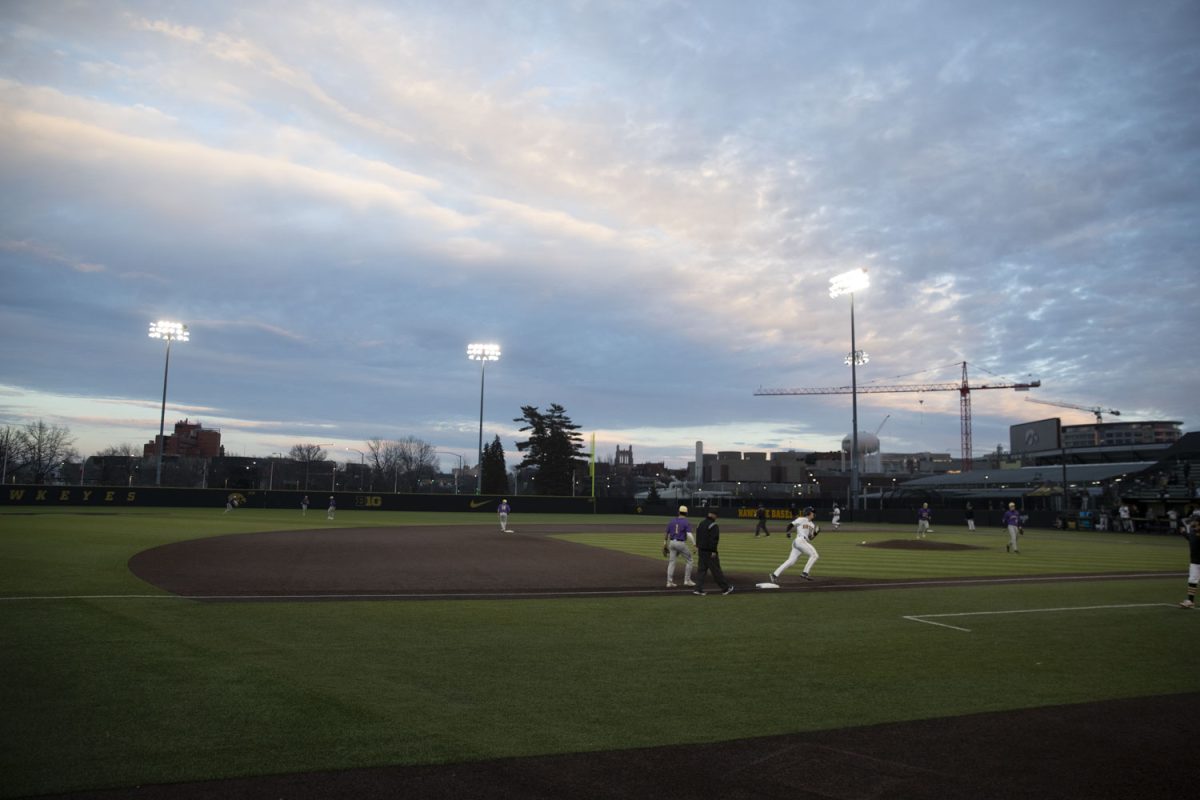As conference expansion begins to dominate the collegiate sports landscape, many sportswriters and analysts focused on the impact of major sports including football and basketball. Smaller sports, such as baseball and softball, can be left in the dust.
In the Midwest, college baseball is not normally the talk of the town, but the Iowa baseball program could reach that status this year. The Hawkeyes won 44 games and appeared in the NCAA regionals last season. They currently sit at No. 18 in the polls one week into the season. Many anticipate a deep postseason run, with some predicting a rare trip to the College World Series.
The Big Ten is regarded as one of the weakest baseball conferences because of its members playing in northern locations and lack of star power, but this could be the final season the league has to endure that stereotype. The additions of USC, Oregon, UCLA, and Washington puts the conference in a unique position — one that gives it some much-needed credibility.
Oregon, Washington, and UCLA have qualified for the NCAA Tournament within the last two seasons, and though USC has struggled recently, it has won 12 national championships in its history — more than any other team in the sport.
It begs the question: Can Iowa continue to have success in the new Big Ten next season and beyond? Though it seems the new conference is going to be a challenge, I think head coach Rick Heller and the Hawkeyes will be just fine.
Heller has built his program up with a foundation of mostly Iowa-born players and diamond-in-the-rough prospects filling out the rest of the roster, like longtime football coach Kirk Ferentz. This season, the Hawkeyes have tremendous depth in every aspect of the game, especially on offense.
Iowa hitters are known for their discipline at the plate, as well as their extra-base hitting prowess. Last season, the Hawkeyes hit .295 as a team while slugging 70 home runs. Though there will be some roster turnover next season, capable bats such as Ben Wilmes, Raider Tello, and Sam Peterson could return in 2025. Iowa’s defense is also strong and potentially features several key returning starters next season.
The Hawkeyes have already shown they can compete with the nation’s best. Last season, Iowa took down top-ranked LSU and defeated North Carolina twice in the NCAA Tournament.
Iowa has constructed a roster built to last for years to come, not for a one-time success story. Expect Heller and the Hawkeyes to continue to compete for the Big Ten Championship once the conference expands to 18 teams in 2025.



